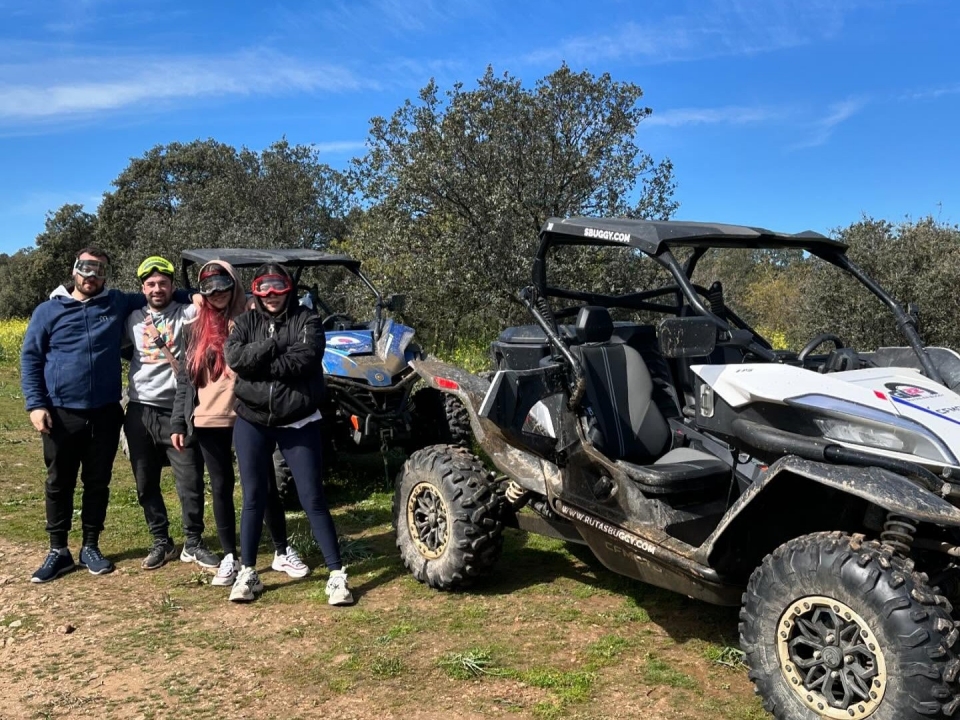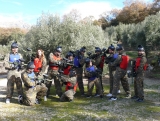
The likelihood of suffering injuries if appropriate recommendations aren't followed is higher than we'd like to admit. However, with a proper training plan and attention to small yet crucial guidelines, everything will go perfectly.
There are specific recommendations for sports like hiking, but we can establish some general advice for all.
1. Consult a Specialist
If you have no prior experience in a sport, this should be your first step. An instructor will advise you on techniques, what to do at your level, how to use equipment, safety rules, and provide relevant courses...

2. Have Good Physical Preparation
You don't need to be an elite athlete, but you should have reasonable endurance, stamina and strength. With stronger muscles, you're less likely to get injured.

3. Pay Special Attention to Equipment
If you enjoy sports requiring gear, maintain it properly and conduct necessary checks to ensure it's in good condition. A climbing rope that might snap anytime or a faulty surfboard leash won't do you any good.

4. Always Warm Up Before Activity
It may seem unimportant at first glance, but it's crucial. Make sure you warm up your entire body thoroughly, focusing on areas that will work hardest during your activity.

5. Take Appropriate Rest Breaks
If you feel you can't continue, it's better to pause for a few minutes - most injuries occur from muscle overload. Rest carefully without getting cold, then resume.

6. Take It Easy
If you're not physically active regularly and only practise occasionally (like surfing or skiing on holiday), avoid pushing too hard on the first day. Remember that sufficient rest is vital, and trying to maximise your time there could backfire. It's better to do a little daily than progress quickly for 2 days only to be too exhausted to continue for the next 3. Injuries would likely follow too.

7. Know Your Limits
Be aware of how far you can actually go. While exploring our capabilities is good, this can have serious consequences.

8. Don't Forget Proper Post-Activity Stretching
You might finish exhausted and just want a hot shower, but it's important to spend at least 5 minutes stretching all muscles. This prevents stiffness and reduces next-day soreness.

9. Listen to Your Body
Most importantly, listen to what your body tells you. Your body is you, and you are your body - that's why attending to its needs is fundamental.
Following these guidelines will keep you away from dreaded injuries.













